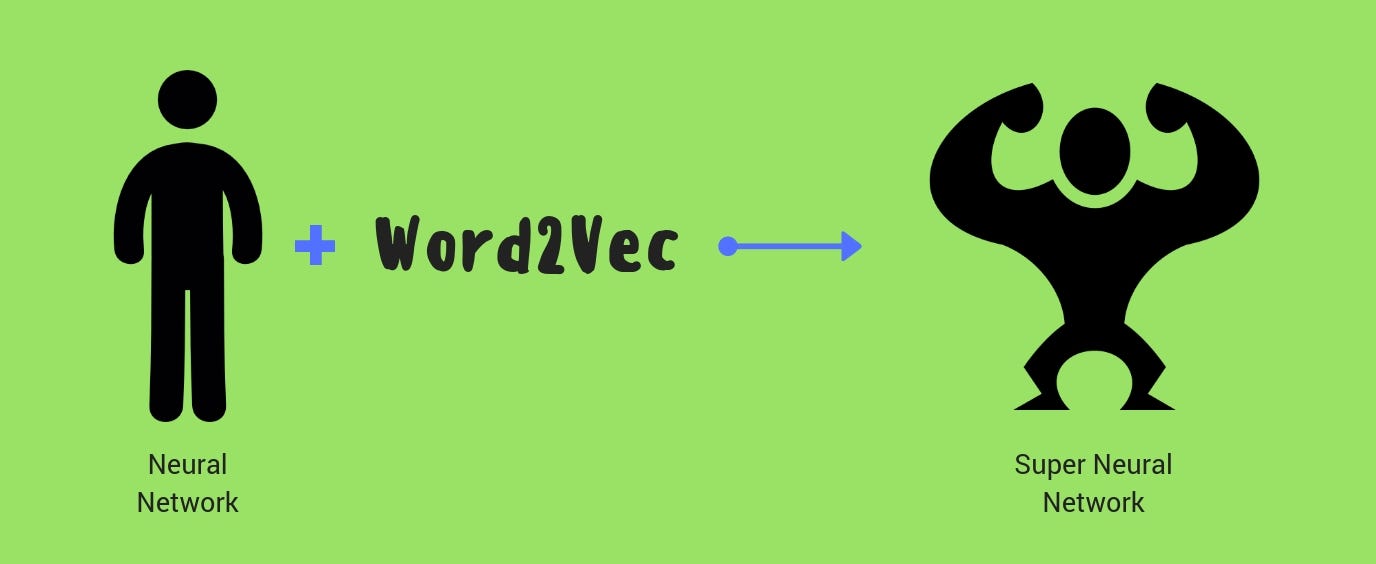LSTM hands-on with Keras + Tensorflow. Homework 1 assignment: neural word segmentation.
Home Page and Blog of the Multilingual NLP course @ Sapienza University of Rome
Friday, March 29, 2019
Friday, March 22, 2019
Lecture 6 (21/03/2019): language modeling
We introduced N-gram models (unigrams, bigrams, trigrams), together with their probability modeling and issues. We discussed perplexity and its close relationship with entropy, we introduced smoothing


Tuesday, March 19, 2019
Lecture 5 (15/03/2019) (D): lab on FF networks and word2vec
A practical lesson on TensorFlow. Language
classifier implemented both in Tensorflow and Keras. Word2vec model
implementation and more on analogical task. Differences between CBOW and
skip-gram.
Thursday, March 14, 2019
Monday, March 11, 2019
Saturday, March 2, 2019
Lecture 1 (28/02/2019): introduction to Natural Language Processing
We gave an introduction to the course and the field it is focused on, i.e., Natural Language Processing. We talked about the Turing Test as a tool to understand whether "machines can think". We also discussed the pitfalls of the test, including Searle's Chinese Room argument.


Subscribe to:
Posts (Atom)




